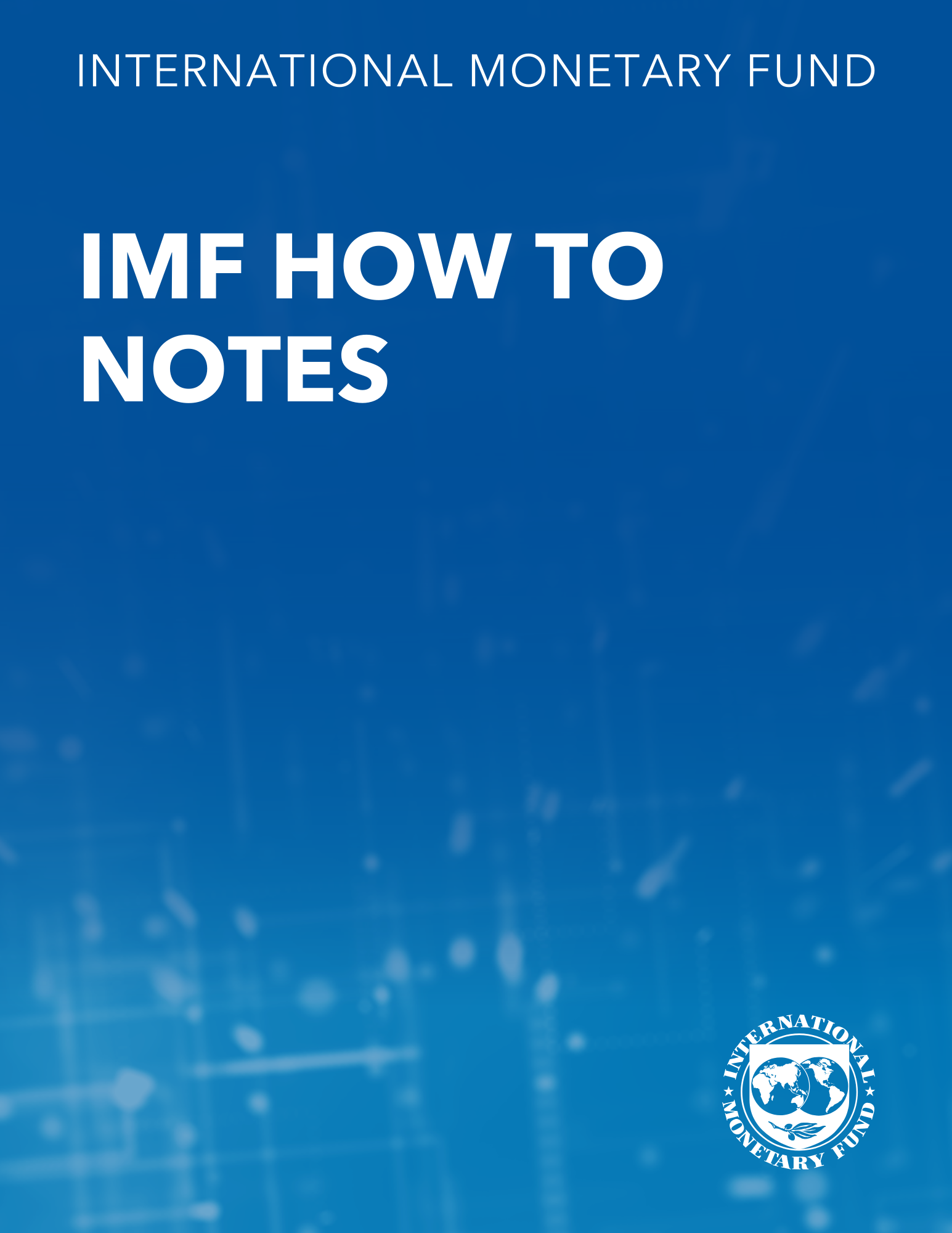Cash Flow Analysis of Fiscal Regimes for Extractive Industries
April 26, 2024
Disclaimer: IMF Working Papers describe research in progress by the author(s) and are published to elicit comments and to encourage debate. The views expressed in IMF Working Papers are those of the author(s) and do not necessarily represent the views of the IMF, its Executive Board, or IMF management.
Summary
Subject: Carbon tax, Commodities, Corporate income tax, Fiscal Analysis of Resource Industries (FARI), Oil, Production sharing, Revenue performance assessment, Taxes
Keywords: Carbon tax, cash flow, Corporate income tax, D. resource rent tax, economic rents, extractive industries, Fiscal Analysis of Resource Industries (FARI), fiscal modeling, Global, investment analysis, mining, Natural resource taxation, Oil, petroleum project, petroleum., Production sharing, progressivity, regime design
Pages:
58
Volume:
2024
DOI:
Issue:
089
Series:
Working Paper No. 2024/089
Stock No:
WPIEA2024089
ISBN:
9798400274329
ISSN:
1018-5941






